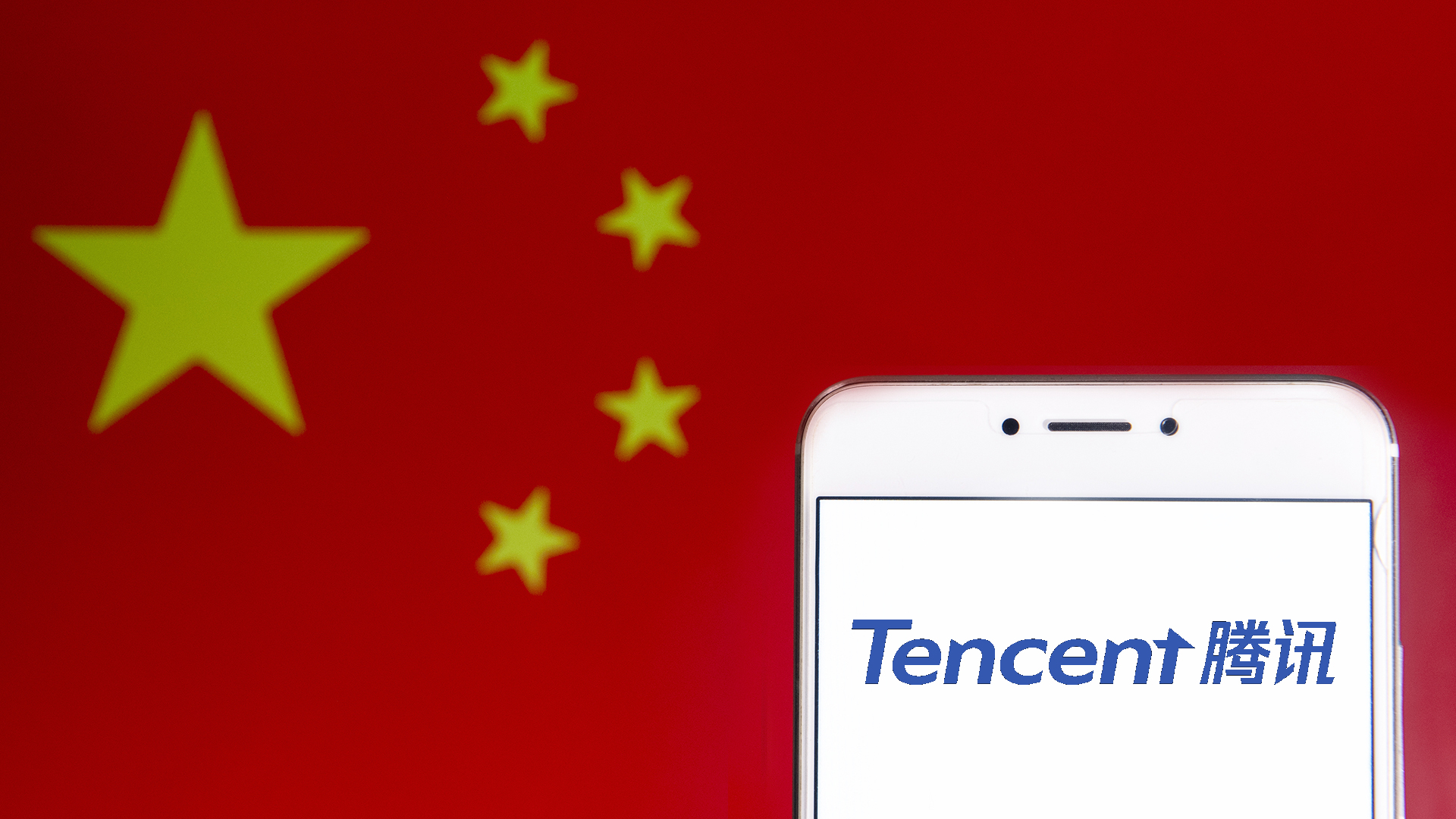Tencent shareholders drown their sorrows as Chinese tech crackdown makes it less valuable than a booze firm
A hostile environment for Chinese tech companies has seen Tencent undergo a big reversal of fortunes.

Tencent, the Chinese tech and gaming colossus that you'll know for owning a slice of seemingly everything in the games industry, is no longer China's most valuable company. Bloomberg reports that Tencent's stock price has hit a five-year low, and its overall market capitalisation was overtaken late last month by—of all things—Kweichow Moutai, a Guizhou-based firm specialising in the production of Maotai rice wine. At time of writing, Kweichow Moutai had a $235 million lead over Tencent's market cap.
This would have been unthinkable just last year, when Tencent was trading at between $50 and $90 per share and was easily the most valuable company in China, but Tencent's fortunes have been brought low by the increasingly hostile domestic environment. A combination of China's tech crackdown, strict COVID policies, and generally flagging economic growth have made it hard for Tencent—and plenty of other Chinese companies—to do business. Tencent has wiped $650 billion off its market cap since the beginning of 2021.
The downturn in its fortunes has led Tencent to pursue a strategy of downsizing, imposing a wave of firings in departments across China in an effort to make up for its losses. The frosty Chinese market even partially explains Tencent's ever-growing presence in the western games market: it's been buying up non-Chinese companies precisely because it's currently so tough to do business at home.
The struggle shows no sign of letting up. Tencent got its first game approval from the Chinese government in over a year this September, and it's not like COVID is going anywhere any time soon. We can probably expect the company to continue cutting back at home and expanding abroad in the foreseeable future. Kweichow Moutai, on the other hand, stands to benefit from promised government support for "consumer-driven" sectors. Maybe Tencent should just pivot into liquor production.
This is far from the end of the road for a company as massive as Tencent, but it is a stark illustration of how bleak things are looking for Chinese tech companies at the minute. Nevertheless, Tencent still has fingers in plenty of pies: aside from its stock woes, Tencent has most recently been in the news for penning deals with Ubisoft, trying and failing to make a Lord of the Rings MMO with Amazon, and opening up an AI-governed nightmare hotel in Hangzhou. Not bad for what is now only China's second most valuable company.
The biggest gaming news, reviews and hardware deals
Keep up to date with the most important stories and the best deals, as picked by the PC Gamer team.

One of Josh's first memories is of playing Quake 2 on the family computer when he was much too young to be doing that, and he's been irreparably game-brained ever since. His writing has been featured in Vice, Fanbyte, and the Financial Times. He'll play pretty much anything, and has written far too much on everything from visual novels to Assassin's Creed. His most profound loves are for CRPGs, immersive sims, and any game whose ambition outstrips its budget. He thinks you're all far too mean about Deus Ex: Invisible War.

